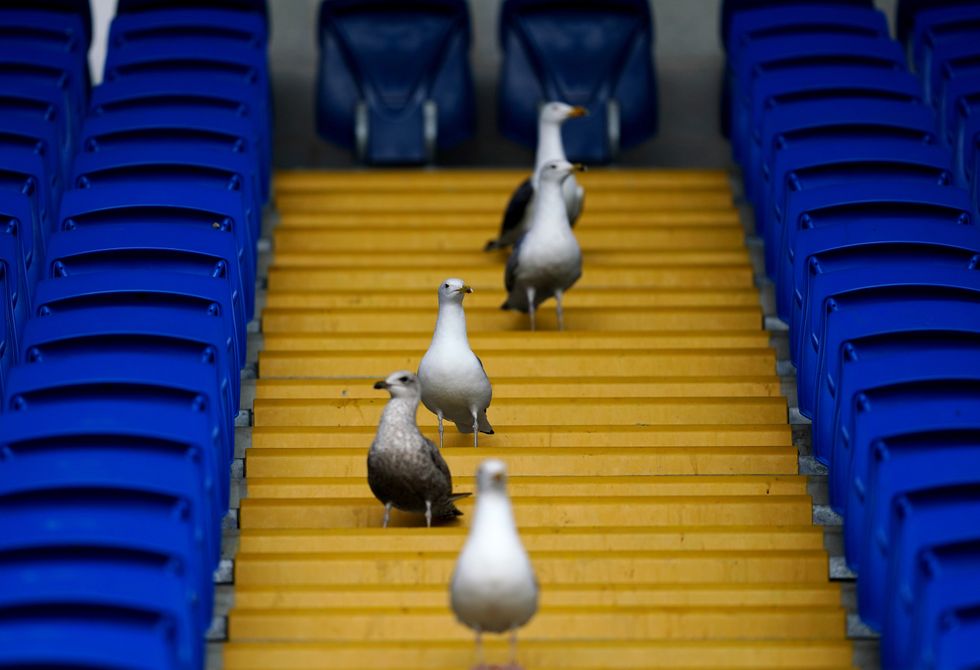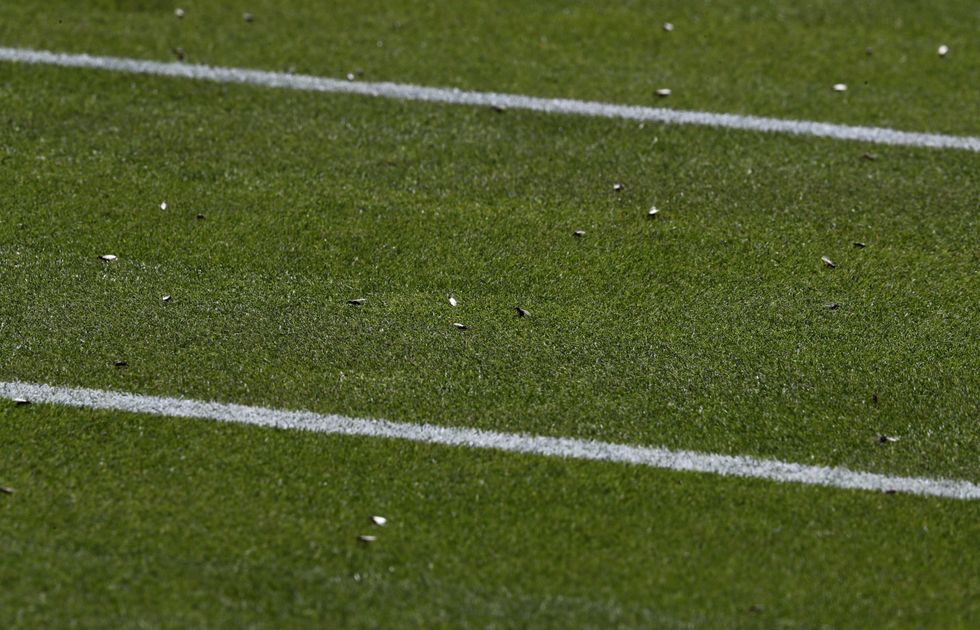British drivers issued urgent warning of 'drunk' seagulls causing havoc on roads across the UK

Drivers have been warned about 'drunk' seagulls potentially impacting drivers
|PA

'[Seagulls] are distracted and focusing on eating ants rather than, for example, looking out for cars'
Don't Miss
Most Read
Latest
Drivers have been issued with a bizarre warning about "drunk" seagulls causing havoc near roads which experts fear could lead to accidents.
The UK has dealt with high temperatures in the last few days, with thermometers reaching a peak of 31.9C in St James' Park, London, on Friday.
While millions have been basking in the sunshine, experts have warned that drivers could experience danger when on the road in the warm weather.
As a result of the warm weather, a growing amount of flying ants are being seen, and in many cases, being eaten by seagulls, prompting a warning to be issued.
Do you have a story you'd like to share? Get in touch by emailing motoring@gbnews.uk

Ecologists have warned drivers about the behaviour of seagulls
|PA
A spokesperson from East Sussex Wildlife Rescue and Ambulance Service, said: "Some gulls are eating the many flying ants around and becoming disorientated due to the toxins ants carry.
“We're getting inundated with road casualty gulls. Please be careful.”
Many Britons took to social media platform X, formerly known as Twitter, to speak of their own experiences with seagulls suddenly swooping down into the road.
One user said: "Seagulls are drunk on flying ants and going so ape people have been complaining to us at the council all day. As though we can reason with them."
Another added: "There's an abundance of seagulls with lots of squabbling. I’m guessing they’re snacking on the little flying critters.”
Dr Rebecca Nesbit, from the University of Plymouth, said motorists would likely see odd behaviour from seagulls given the number of flying ants, potentially leaving them "slightly drunk".
Similarly, RSPB expert Tony Whitehead, said seagulls see flying ants as "little treats" for them and go "mad" for them when they emerge.
He added: "Eating ants makes gulls very happy. They are distracted and focusing on eating ants rather than, for example, looking out for cars."
Earlier this year, National Highways launched a new campaign - "Lend a paw - bin your litter" - to urge motorists to ensure they are not harming wildlife on the roadside with their rubbish.
Almost half of people who took part in a recent study admitted that they were unaware that fruit peels and apple cores count as litter and could lure wildlife to their deaths.
More than six in 10 drivers said they had seen someone else littering on the roadside, with the RSPCA receiving more than 10,000 reports of animals being found injured, trapped or dead from discarded litter.
Nick Harris, chief executive of National Highways, added: "Littering is a dreadful social problem. It’s not just unsightly, it can have a deadly impact on wildlife, turning verges into lethal roadside restaurants.
LATEST DEVELOPMENTS:
- Drivers demand 'decisive action' to make electric vehicles 'a realistic option' amid slumping sales
- British drivers risk traffic chaos this week as millions face closures along three major motorways
- Car insurance prices can plummet 'by 45 per cent' if drivers renew during nine-day period - 'Perfect time'

Some experts suggested that seagulls were getting 'drunk' on flying ants
|PA
“We’re working hard to tackle it on our roads, with our people litter-picking every day. To keep them safe we have to close motorway lanes, which delays drivers and costs millions of pounds.
“But if people don’t drop litter in the first place it wouldn’t need to be picked up – so we urge road users to take their litter home.”










